
Can Asia’s Hospitality Industry Rebuild Its Food Chain Before It Breaks?
For years, luxury travel in Asia has revolved around a predictable formula: international fine dining, pristine plating, and imported “premium” ingredients. However, the environmental toll of this model is becoming harder to ignore. According to the European Commission, transporting food accounts for nearly 20% of all food system emissions, with long-haul imports for out-of-season produce and meat playing a major role.

ITB Berlin 2025: Global Tourism Rebounds, But Can It Regenerate?
As the world’s premier travel trade show, ITB Berlin 2025 delivered a dynamic platform for industry leaders, policymakers, and tech innovators to discuss the future of tourism. From discussions on sustainability, AI, and inclusivity to the inaugural UN Tourism Ministers Summit, this year’s event emphasized not only tourism’s rapid evolution but also the pressing challenges. Sessions tackled visitor dispersion, regenerative tourism, and evolving traveller expectations, all while addressing the impact of technology, climate change, and economic shifts on the global travel industry.
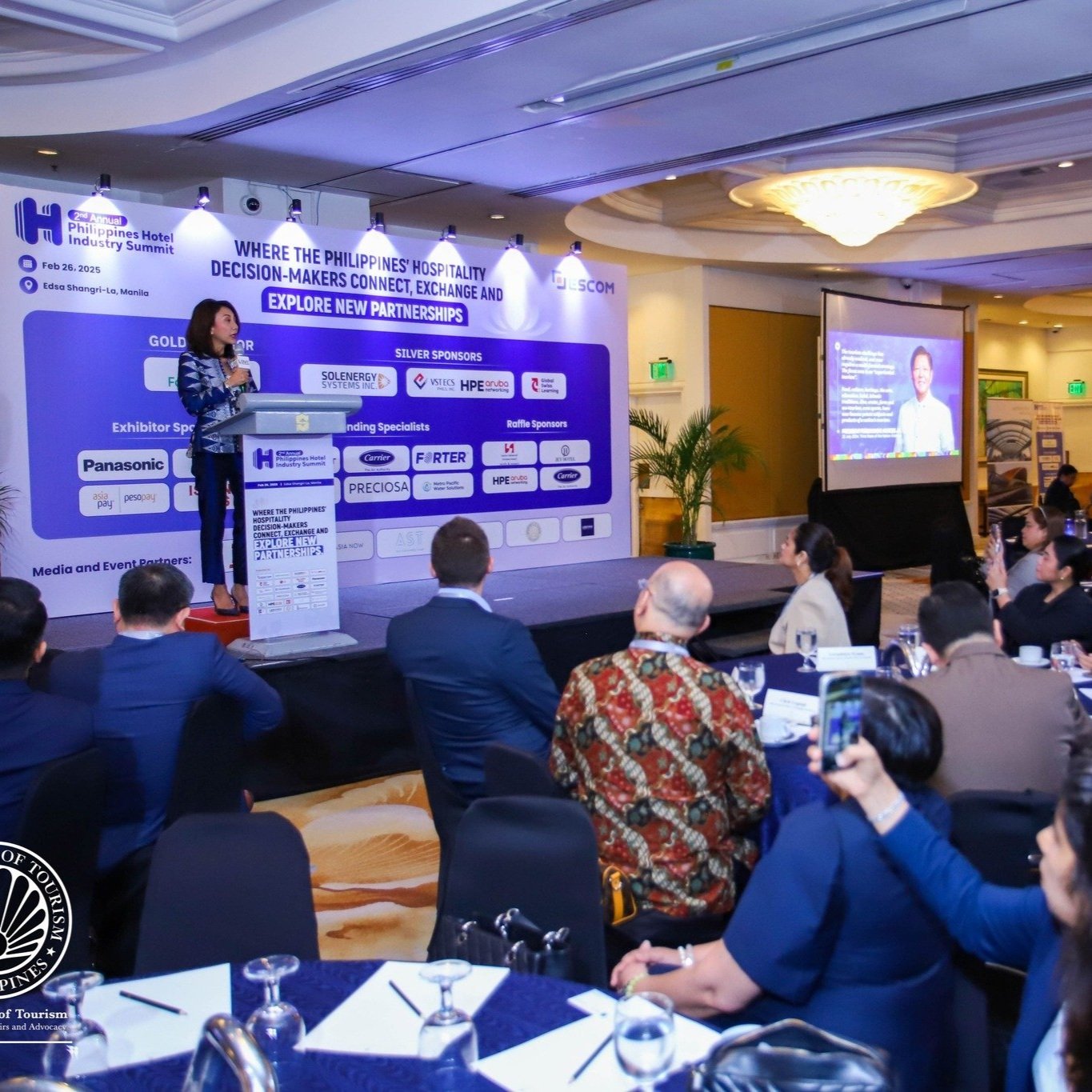
Beyond Numbers: Culture, Purpose, Innovation Drive the Conversations at the Philippines Hotel Summit 2025
Explore how the Philippines is revolutionizing its hospitality sector by prioritizing sustainability, cultural preservation, and innovation. From eco-conscious practices to unique Filipino-inspired experiences, discover insights from the 2025 Philippine Hotels Industry Summit driving responsible and high-impact tourism growth.

Lead the Fight Against Climate Disinformation in 5 Strategic Steps
Greenwashing has become pervasive in many industries with direct environmental impacts, such as energy, construction, travel, and hospitality.
The United Nations Environment Programme (UNEP) warns that greenwashing undermines the credibility of legitimate sustainability efforts, erodes public trust, and slows down meaningful progress.
There are two kinds of greenwashing: deliberate and unintentional.
Research indicates that approximately 25% of tweets refuting the science behind climate change are generated by automated accounts (bots). This act of disinformation, which means deliberately disseminating false or misleading information to manipulate, mislead, or create confusion, presents a pressing challenge for sustainability professionals: how can their team communicate genuine sustainability efforts without getting drowned out by misleading claims and PR spin?
At the same time, in tourism and hospitality, many brands contribute to misinformation because of misunderstandings, lack of research, or reliance on inaccurate sources.
This unintentional act stems from the pressure to appear sustainable in a competitive market, leading companies to overstate their environmental commitments, rely on ambiguous language like “carbon-neutral stays” without a robust verification, use flawed carbon offset programs, or misinterpret complex sustainability metrics. While well-intended, the misleading claims erode consumer trust and slow genuine progress.
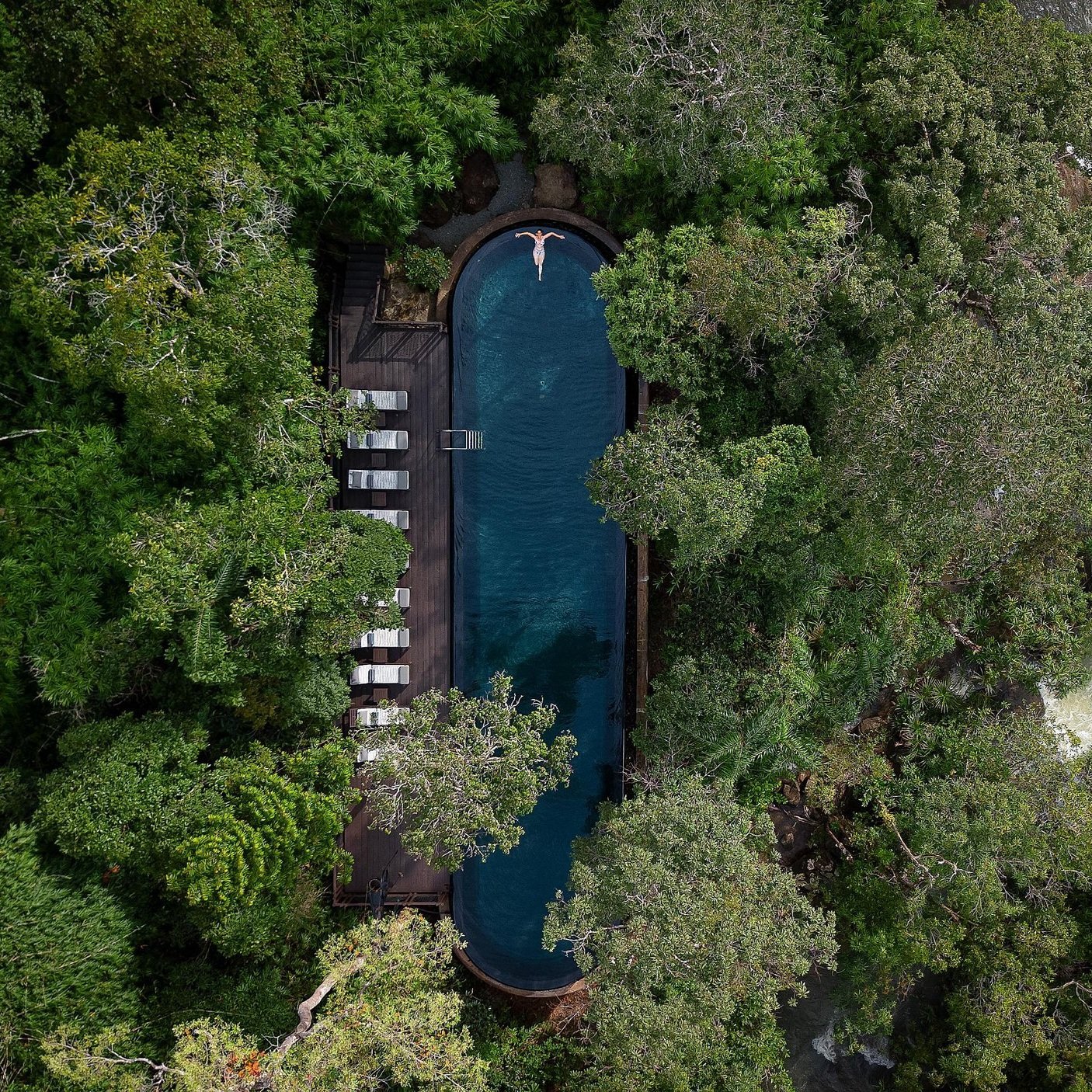
Sustainability Certifications: Green Stamp or Greenwash? APAC Travel Leaders Weigh In
As part of Asia Sustainable Travel (AST)'s ongoing commitment to better support the hotel and travel industry, we conducted a survey to understand how APAC hospitality and travel professionals perceived and evaluated sustainability certifications, such as B Corp, Positive Luxury, and those accredited by Global Sustainable Tourism Council (GSTC).
This report synthesizes key findings from the survey and provides targeted recommendations to enhance the effectiveness of sustainability certification schemes.
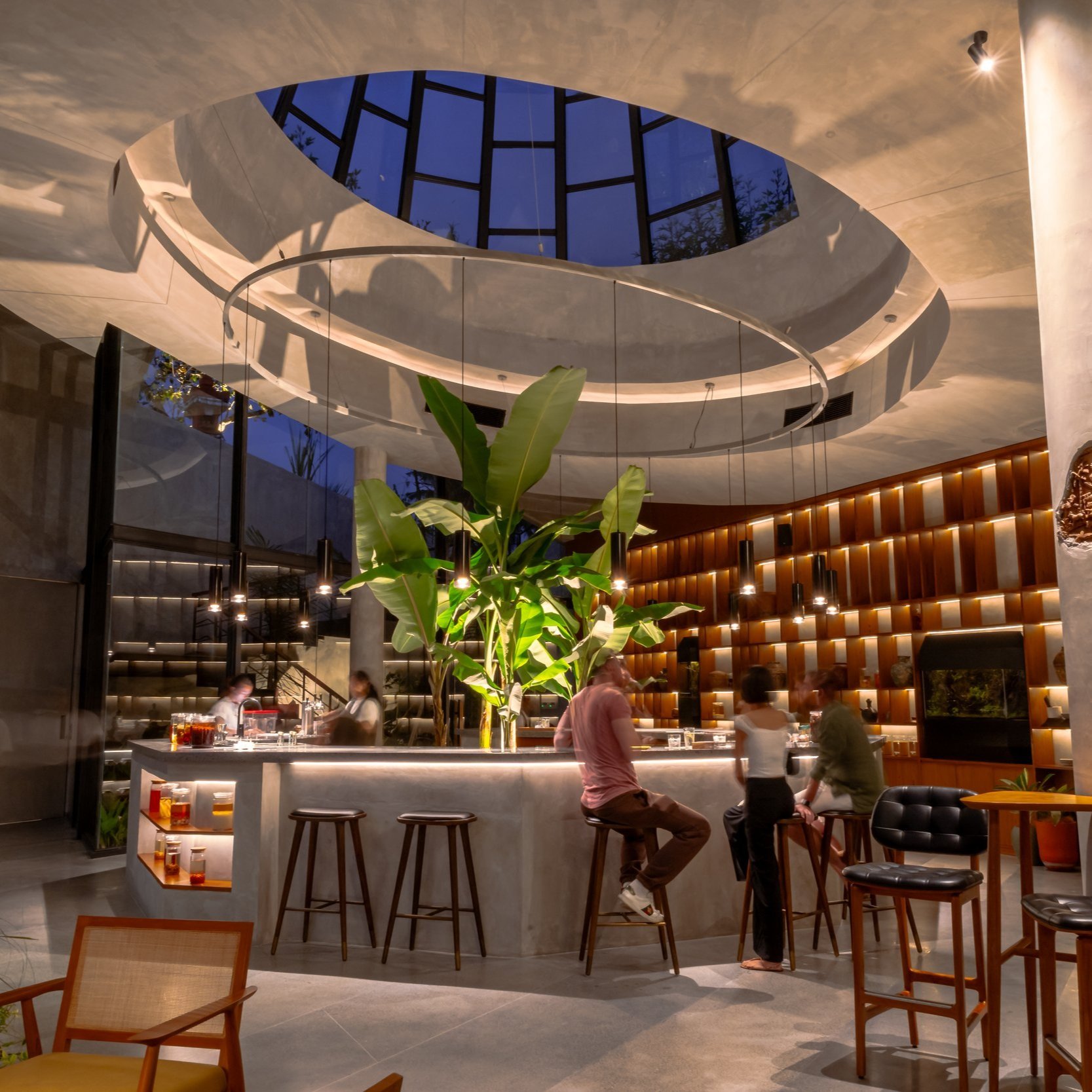
Hyperlocal and Heritage-Driven: How These Bali Restaurants Redefine Sustainability
In the dynamic hospitality landscape of Southeast Asia and the Asia-Pacific region, a few trailblazing establishments are redefining sustainability, community engagement, and innovation. Locavore NXT, Begawan Biji, and John Hardy The Long Table in Bali serve as exemplary case studies, demonstrating how fine dining and luxury experiences can harmoniously align with environmental stewardship and cultural preservation. These businesses provide valuable insights for restaurants striving to place sustainability at the heart of their business.
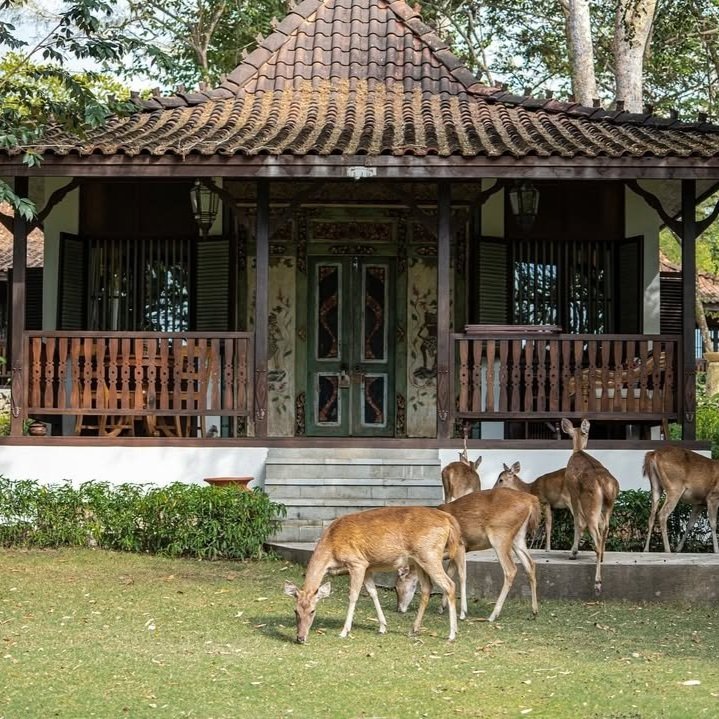
Bali’s Winning Formula: Sustainability Meets Sophistication
Bali is long celebrated for its natural beauty and cultural heritage. As one of Asia’s earliest international travel destinations, the island has a hospitality ecosystem that is as resilient as it is creative, constantly setting benchmarks for the region.
While busy and crowded as it appears in certain parts of the island, many brands in Bali have demonstrated an ability to combine sustainability with profitability, crafting ventures that captivate global travelers while offering invaluable lessons for industry professionals.
Previously, we explored the innovative practices of trailblazers like Desa Potato Head and Fivelement, Bambu Indah and Alila Uluwatu — brands that have not only minimized environmental impact but also created unique product offerings by integrating sustainability into their core strategies.
From reducing plastic waste to preserving biodiversity and cultural heritage, they show what it means to be a responsible business in the tourism sector.
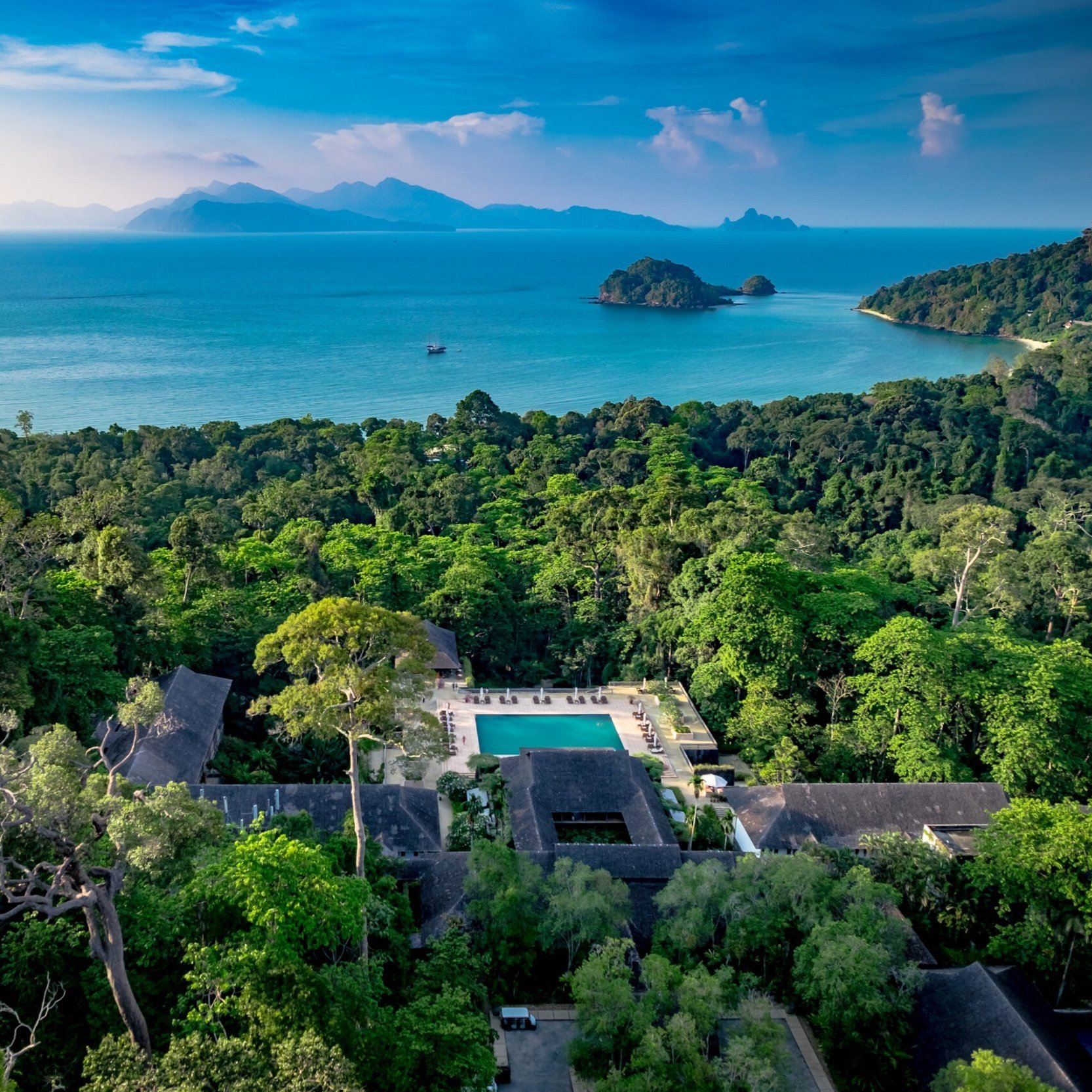
How Can Asia’s Tourism Adapt to Climate Change? Six New Year’s Resolutions for Your 2025 Climate Action Plan
Climate action thrives when everyone plays a part as it’s more powerful and lasting than depending on a handful of highly dedicated individuals and companies. If 100 people each give 10%, sustainability becomes part of everyday life, it will spark bigger change and strengthen our collective resilience. When more people get involved, it pushes cultural and policy shifts forward while preventing burnout and keeping momentum going.
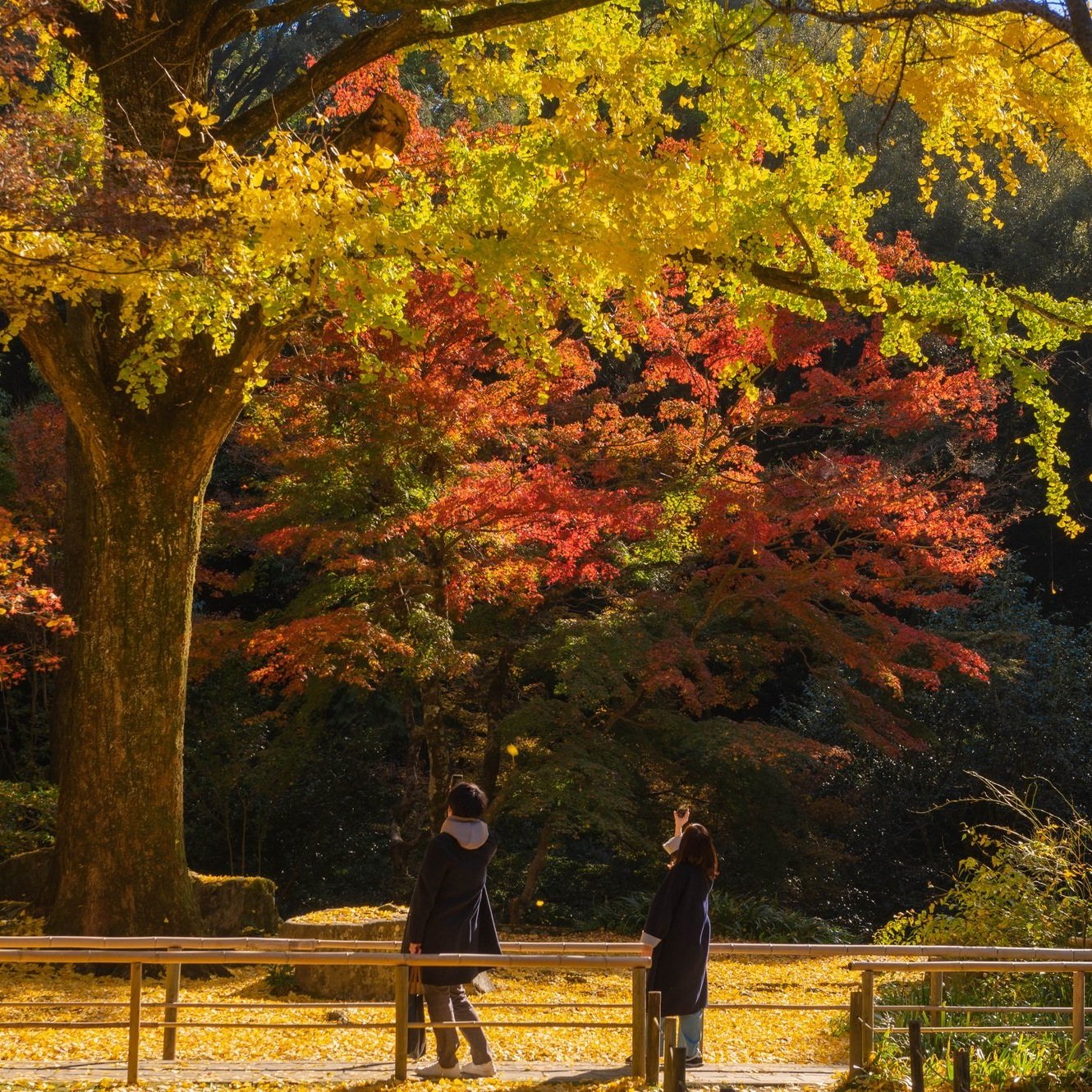
The 2025 Travel Trends Are Out. Now What?
The 2025 travel landscape is evolving, and it’s time to rethink the way we engage with travelers. This article dives into emerging trends like noctourism, detour destinations, wellness retreats, JOMO (Joy of Missing Out) travel, unique hotel dining experiences, and multigenerational travel, revealing their impact on the industry and the new opportunities they bring.
Designed for hospitality business executives and marketing professionals, the article offers actionable strategies to adapt, innovate, and stay ahead in a rapidly transforming market. Don’t miss these essential insights to future-proof your brand.
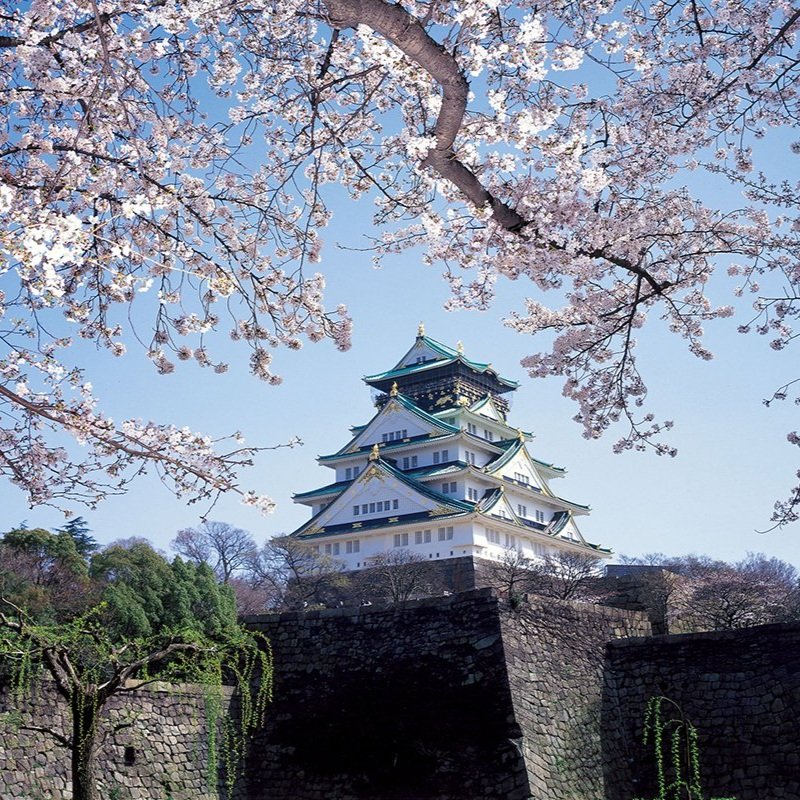
Osaka Shines Bright: IGLTA’s Most Globally Diverse Convention Amplifies LGBTQ+ Travel Opportunity in Asia-Pacific
With attendees representing over 50 countries and territories, the International LGBTQ+ Travel Association (IGLTA) 2024 Global Convention in Osaka, Japan, was the organization's most globally diverse convention ever and highlighted the Asia-Pacific region as a dynamic and rapidly emerging market for LGBTQ+ travel.

Generative AI in Marketing: How Can Hotels Leverage It Without Losing the Human Touch
Artificial intelligence, particularly generative AI, has advanced significantly in recent years. Gone are the days when AI was only associated with robots and science fiction. Nowadays, businesses across various industries are using AI to improve their processes and enhance customer experience.
One area where AI is making a significant impact is marketing. Businesses are persistently seeking innovative methods to differentiate themselves and engage with their customers in more meaningful ways. And generative AI is helping them achieve just that, enabling a level of personalization that was once unimaginable.
The key challenge, however, lies in blending these advanced capabilities with the genuine human touch, which is what truly defines hospitality.
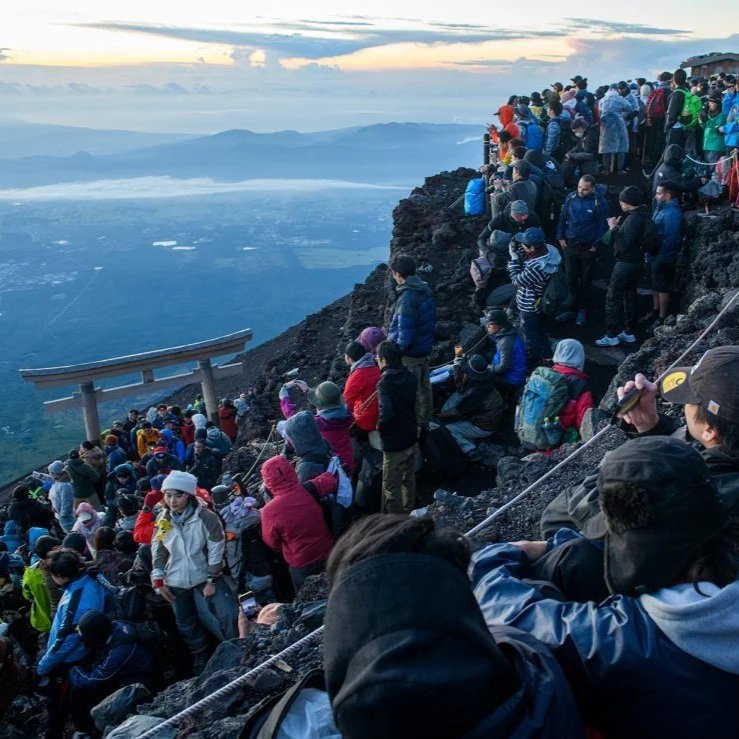
From Awe to Overload: How Asia’s Popular Destinations Are Handling Overtourism
Asian countries, reopening for tourism later than Europe post-COVID-19, have seen overtourism in popular destinations like Bali, Phuket, and key tourist hotspots in Japan.
However, experts advise defining overtourism beyond physical carrying capacity, which means a maximum number of visitors a site can accommodate without significant deterioration, to include environmental and social carrying capacities, considering the long-term ecological damage and community tolerance levels.

Slow and Steady Wins The Climate Race in Travel
When you visit NORTH, a creative studio and a collective in Naggar, Himachal Pradesh, India, you get to live in its Dhajji cabin, an experience one can never imagine having while living in the city.
The space is designed in a way that it demands a traveler and not a tourist, which means that to immerse oneself in such stories in the best possible way, one must travel slowly and mindfully, immersing themselves in culture and stories at every step.
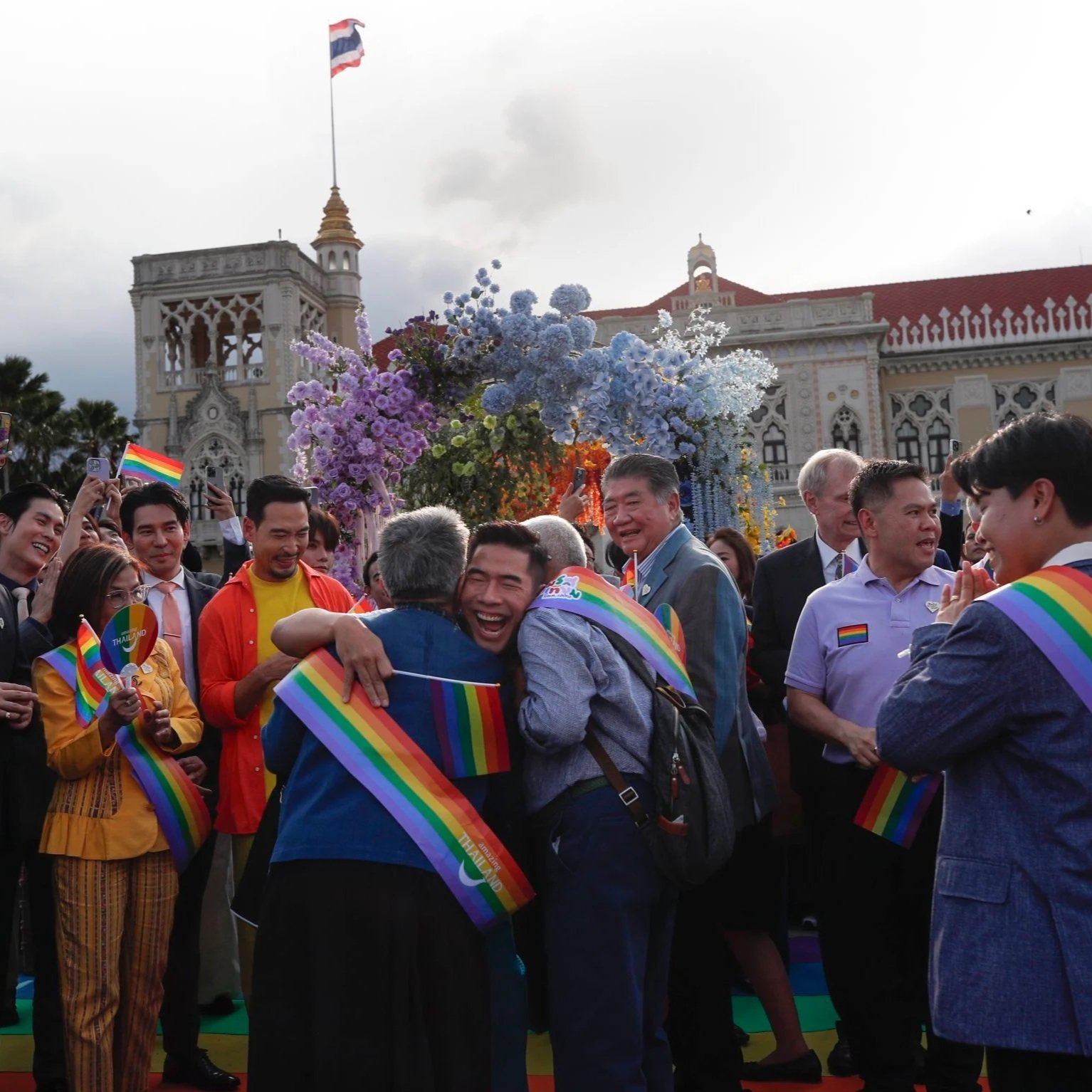
Love Wins in Thailand. Ripple Effects on APAC Travel Industry?
Thailand’s parliament has overwhelmingly approved a bill legalizing same-sex marriage, making it the first Southeast Asian nation to do so. This historic decision allows same-sex couples to marry, adopt children, and inherit property, marking a significant step toward social inclusion and equality.
The global LGBTQ+ tourism market is projected to reach US$568.5 billion by 2030. The UN Tourism Organization's 2017 report highlights that marriage equality legislation signals acceptance of ethnic and sexual minorities, enhancing a destination's brand image and attracting more LGBTQ+ visitors.
Thailand’s travel industry, already a key economic sector, stands to benefit from this influx of LGBTQ+ tourists.

Five Proven Ways to Elevate Family Travel Experiences through Immersive Cultural Tourism
This article discusses how some hotels in Asia are enhancing family travel experiences through sustainable cultural tourism. It explores the increasing demand for meaningful, culture-rich journeys and highlights how some properties integrate and effectively blend local traditions, arts and crafts, and immersive experiences for their guests.
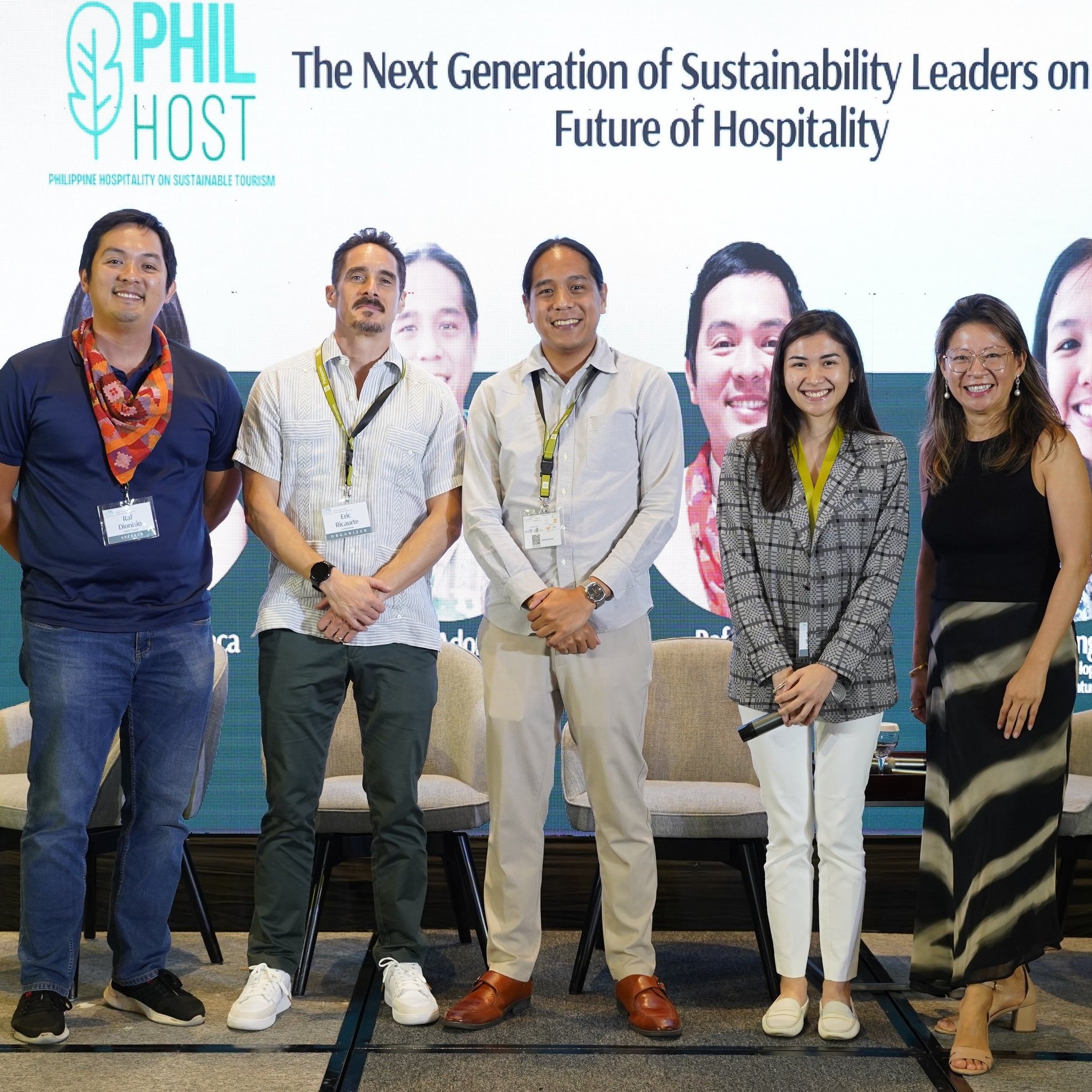
The Future of Hospitality: Lessons from Asia’s Next-Gen Sustainability Leaders
One of the notable topics at the "Philippine Hospitality on Sustainable Tourism" conference held on May 24, 2024 was "The Next Generation of Sustainability Leaders on the Future of Hospitality." This panel provided a platform for industry innovators to share their forward-thinking strategies, setting a powerful vision for what the tourism sector can aim to accomplish.
Esteemed speakers such as Raf Dionisio, Co-founder of MAD (Make A Difference) Travel; Samantha Manigsaca, AVP for Hospitality and Director of AppleOne Properties, Inc.; and Architect Mar Adonis Uy, Project Director of Oceanica Resort Panglao (formerly South Palms Resort Panglao), presented compelling insights into community-based tourism, waste management, and agro-tourism—a form of tourism that involves agriculturally based activities.
This article captures the key takeaways from the panel, showcasing how these trailblazers are shaping a more sustainable future for the hospitality industry.

